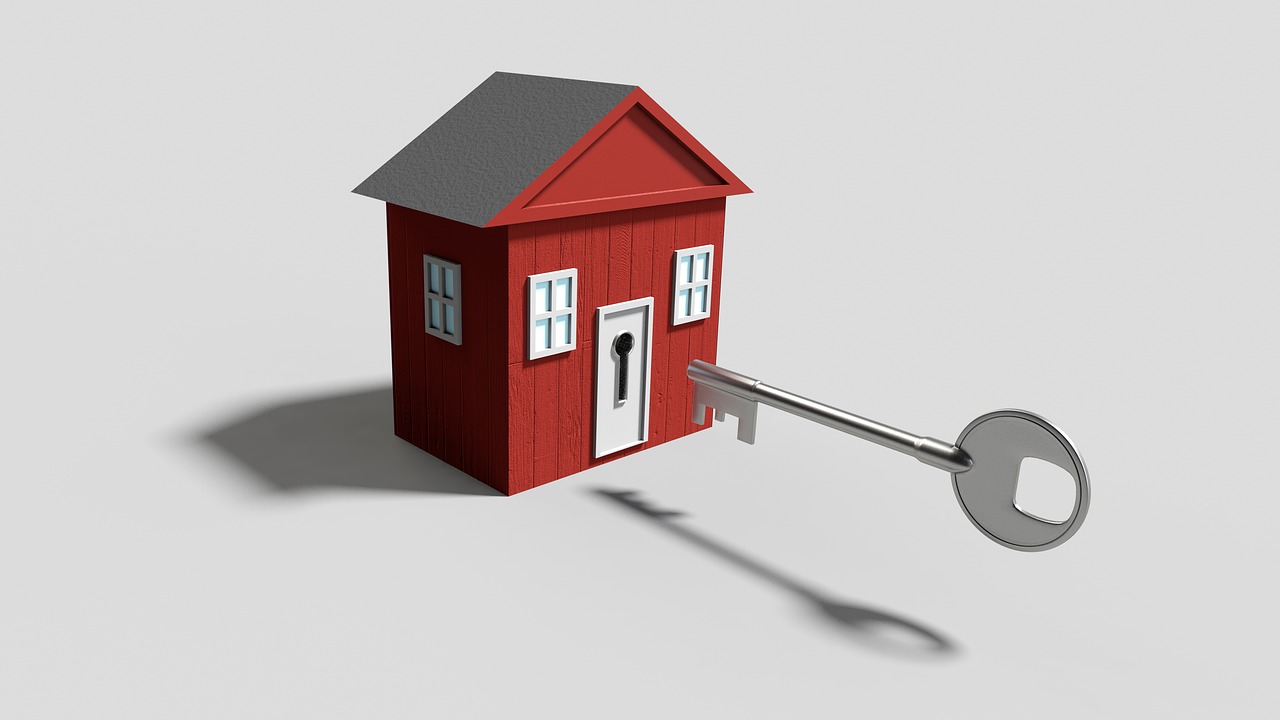
If you’re looking for a way to make side income, becoming a landlord seems like a perfect opportunity. Buying a property and renting it out could allow you to collect more in rent than you pay for a mortgage, ultimately netting you a few hundred extra dollars of profit every month. On top of that, your home could appreciate in value, allowing you to sell it for more than you paid.
But before you pull the trigger on buying your first rental property, there are some things you should know about being a landlord.
What You Should Know First
Keep these considerations in mind before you invest in your first property:
- Being a landlord is stressful. As a landlord, you’ll be dealing with a lot of stress. You’ll need to pay close attention to your revenue and expenses, you’ll need to watch how the value of your property changes, and you’ll be responding to all kinds of problems with your property and your tenants—sometimes in emergency situations. While some months are perfectly calm, others will be hectic—and it’s more stress than some people can handle, which is why Houston property management is such a popular option.
- Your cost estimations aren’t going to be perfect. On paper, you might find the perfect property. You might find that the monthly expenses are only $1,200, while the average rent prices in the area are $1,500. However, it’s likely that your calculations will miss something, or won’t be perfect. You may neglect to include the costs of certain bills, or realize that tenants aren’t willing to pay what seemed to be the median for the area.
- Tenant turnover can hurt your return. Tenant turnover—and the resulting property vacancies from it—can ruin even the best-planned profitability model. Every month that your property remains unoccupied is a month that you’ll be paying expenses without any revenue to counterbalance those expenses. If you want to be an effective landlord, you’ll need to work hard to retain your current tenants and ensure those vacancies are filled as soon as possible.
- Most landlords break even month-to-month. You might expect to make a profit every month, but the reality is, most landlords expect to just break even. You might make a few hundred dollars for each property you own, but you’ll need to put that money toward repairs and maintenance. The real value of your property usually comes when you sell it, ideally for a profit, and several years in the future. You aren’t going to get rich in the meantime.
- Not all properties will be profitable. You should also know that not all properties are guaranteed to be profitable. Just because you’ve found a property for an attractive price, or because you’re buying in an area that’s especially popular for renters doesn’t mean you’ll see a return. There are too many variables in play, including what competing landlords are offering and volatile changes to the housing market, to guarantee a return. Some properties simply have a higher chance of generating a profit than others.
- State and local laws vary dramatically. No matter where you live, you’re going to be bound by certain laws governing your responsibilities as a landlord. However, those laws vary dramatically from state to state and city to city. Before you buy a property, you should be well versed in these laws, and understand how they’re going to affect you and your business. In many situations, it’s best to consult with a legal professional before proceeding.
- It takes time. Many people have the misconception that landlords sit back and collect rent checks, but in reality, it takes a lot of time and hard work. You’ll be responsible for scouting different properties, managing the paperwork, coordinating improvements and repairs, screening tenants, addressing tenant concerns, and dealing with ongoing maintenance. Depending on the state of the property you purchase, it could demand several hours of your time every week. And if you scale up to a handful of properties, it could become a full-time job in its own right.
Working Your Way Up
If you aren’t certain if being a landlord is the right move, try to get more experience in related fields. For example, you could buy and maintain your own home to get a feel for how much upkeep it takes (and what things could go wrong). Or, you could shadow an existing landlord to get a feel for the ebb and flow of the job. Of course, if you find that landlord responsibilities aren’t for you, there are plenty of other ways to make side income—so don’t be discouraged if it isn’t a good fit!
